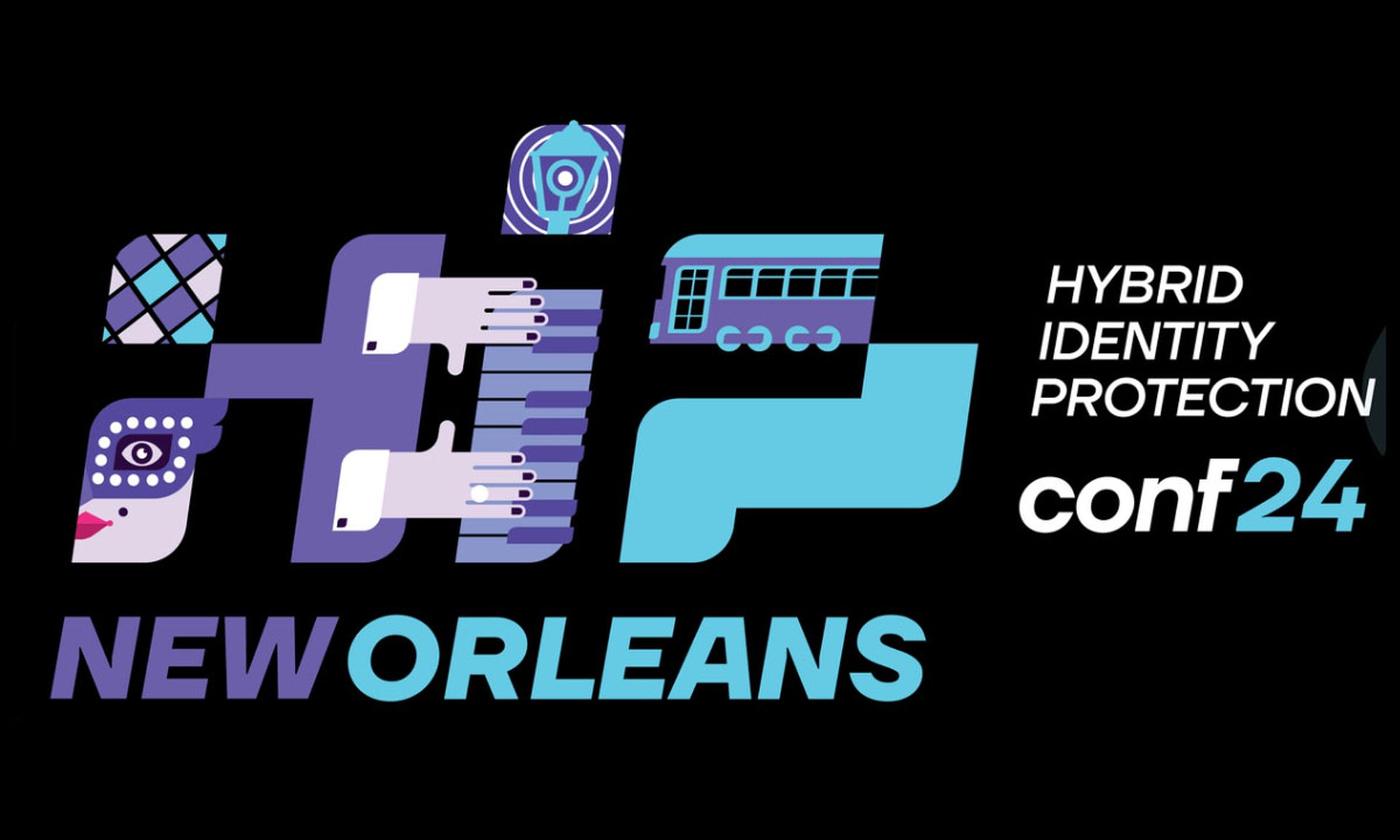Those who investigate crime might have a reputation for toughness — immune to the harsh realities of criminal activity. But that doesn’t mean they’re not susceptible to mental strain stemming from what they witness on the job.
Anyone who is exposed to graphic material as part of a forensic review can be affected in negative ways. They need tools to help maintain their mental health.
A recent episode of Exterro’s FTK Over the Air podcast focused on how to provide those tools through technology.
Sometimes, investigators can see in one day what others never see a lifetime, says Cindy Kuhr, a victim specialist for the Ohio Attorney General's Bureau of Criminal Investigation, where she provides services statewide.
As a guest on the podcast, she explained how over the course of a 30-year career in the field, she has served as a child abuse investigator and worked with victims of violent crime as a specialist.
She has worked in a forensic unit and would often go to crime scenes or to assist families and worked with the Department of Developmental Disabilities as an investigator.
Carrying the images from these investigations “can be a great deal of responsibility, and it creates an emotional burden at times,” Kuhr says. It’s important that those in the criminal justice field be acutely aware that there can be emotional struggles with this type of work.
“Being aware and educating ourselves about what we're exposed to and how to take care of ourselves is a great way to be proactive about it,” Kuhr says. That is especially true when things get overwhelming.
Criminal investigators can become victims of what is called secondary trauma, due to multiple exposure to crime scenes. The impact of this can increase over a period, and sometimes anything even vaguely related to investigations can trigger emotional reactions among investigators.
It's important to recognize this secondary trauma and be proactive in addressing the problem, Kuhr says. That means getting professional help from a therapist when needed. It can be difficult to discuss these issues with others such as family members because of confidentiality constraints and not wanting to affect other peoples’ emotions.
“There's a natural level of isolation due to this form of work,” Kuhr says. It’s therefore important to create a support system network of people in the field, but also to have healthy interactions outside of the workplace. Other techniques that Kuhr recommends include having a clear separation between
work and home and taking part in hobbies and other non-work activities that are enjoyable.
It’s also a good idea to focus on positive things — whether it’s thoughts, pictures, videos, music or other content.
Technology can also play a role in helping investigators cope with the difficult aspects of the job.
Exterro has introduced enhancements across its entire digital forensic investigation portfolio that offers support for law enforcement and enterprise investigators for any type of forensic investigation.
One of these enhancements updates existing capabilities supporting the Child Abuse Image Database (CAID) and Project Vic, the global effort to investigate crimes against children that now provides the world’s most comprehensive unified missing/exploited children database.
Within this feature set, Exterro’s explicit image detection feature provides investigators with a mental health shield by guarding against unnecessary exposure to graphic material during forensic review.
Click here to listen to the full episode.



